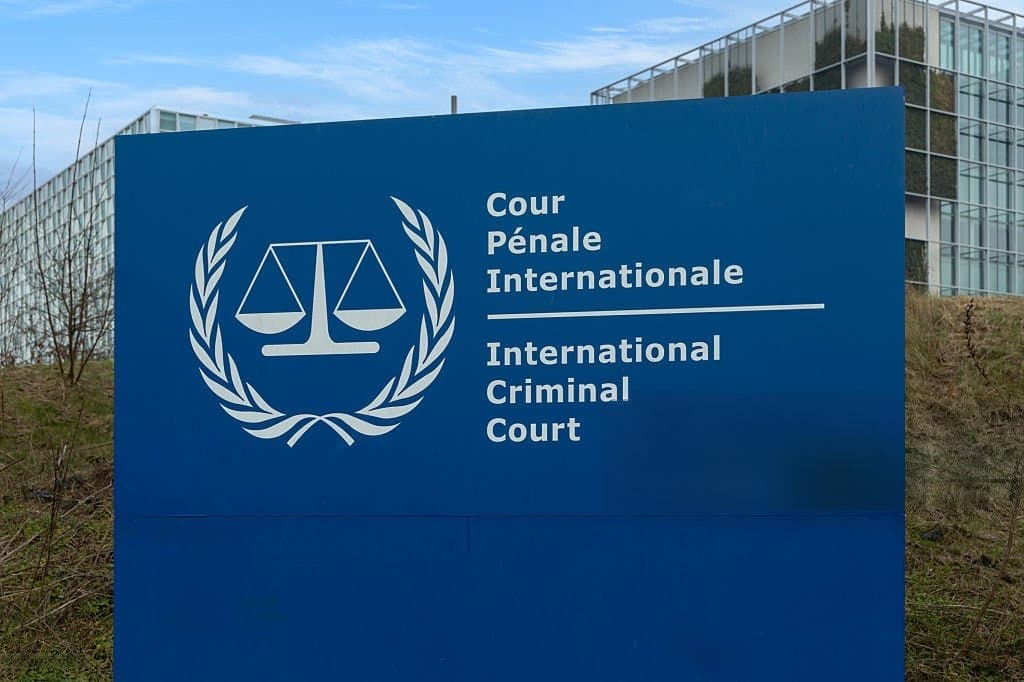
The role of Interpol in investigating cases of excessive self-defense in different countries
- On May 21, 2025
- 0 Comments
In the modern world, issues of international cooperation in the field of justice are becoming increasingly relevant. This is especially true in cases of excessive self-defense by law enforcement officers, which provoke widespread public resonance and require thorough investigation. In this regard, international interaction plays a key role, where concepts such as countries that don’t extradite and the effective work of structures ensuring cross-border justice are of significant importance.
Interpol is one of the most important organizations coordinating the efforts of law enforcement agencies from different countries in investigating and prosecuting criminals, including cases of abuse of official powers and excessive use of force. In this article, we will examine the mechanisms of international cooperation, the role of Interpol in such cases, as well as the importance of professional support, including with the participation of an Interpol lawyer.

International cooperation in the investigation of incidents involving the use of force
Investigation of cases of excessive self-defense by law enforcement officers is a complex process that often requires the exchange of information and coordination of actions between different countries. Especially if the suspect or witness is outside a single jurisdiction.
The main problems of international interaction:
- Different legislative approaches to the use of force by law enforcement.
- Questions of jurisdiction and case transfer between countries.
- Problems with the detention and extradition of suspects, especially when it comes to countries without extradition—states that do not hand over their citizens or foreigners to other countries for various political or legal reasons.
- Lack of trust and information exchange between law enforcement agencies of different states.
Mechanisms of cooperation
Interpol acts as a centralized intermediary, providing:
- Creation of international search notices (Red Notices) for the search and detention of individuals suspected of crimes, including exceeding self-defense.
- Coordination of actions of police and judicial authorities.
- Exchange of criminal information and evidence.
- Assistance in organizing joint investigative actions.
The role of Interpol in investigating cases of excessive self-defense
Interpol is not a judicial body, but it plays a critically important role in collecting and transmitting information, as well as in organizing the detention of suspects who are hiding abroad. It is especially important that Interpol can issue requests to countries, including those that refuse extradition on political grounds.
Work with “countries without extradition”
One of the most challenging tasks for Interpol is the search and apprehension of suspects in countries that do not practice extradition (countries without extradition). In such cases, Interpol coordinates not only the apprehension but also subsequent interaction through diplomatic channels, helping to create conditions for a fair trial. Sometimes this includes assistance in ensuring proper legal representation for the suspect.
Interpol Lawyer: An Indispensable Assistant in International Affairs
In such complex cases, an important role is played by interpol lawyers —a specialist with experience in international criminal law and the specifics of Interpol procedures. This lawyer not only helps the client navigate the multi-level system of international justice but also acts as a defender in detention, extradition, and legal proceedings.
Tasks of an Interpol lawyer:
- Ensure the rights of the suspect are upheld during international procedures.
- Help dispute illegal or erroneous search notifications.
- Assist in the preparation of appeals and motions.
- Represent the client’s interests in courts of different countries.
- Consult on legal strategy and interaction with law enforcement agencies.
Such a lawyer plays an important role not only for the suspect but also for maintaining the balance between effective investigation and the protection of human rights.
Table: Main stages of international investigation and roles of participants
| Investigation stage | The Role of Interpol | Participation of an Interpol lawyer |
| Suspicion advancement | Coordination of search notifications | Consultations and preparation for defense |
| International search | Ensuring search and detention | Challenging unlawful notifications |
| Extradition procedure | Interaction with competent authorities | Representation and protection of the client’s rights |
| Court proceedings | Support for evidence exchange | Legal support, defense in court |
| Execution of a court decision | Monitoring the execution of sentences | Appeal if necessary |
Practical advice for victims and suspects
If you or your loved ones have become involved in an international criminal case related to exceeding self-defense, it is important:
- Contact an experienced Interpol lawyer with expertise in international cases.
- Gather the most complete evidence possible to defend your actions.
- Do not hide and cooperate with law enforcement agencies when possible.
- Study the features of the legislation of the country where the investigation is being conducted.
- Control the procedure of search and possible detention to avoid violations of rights.
Conclusion
International investigations of cases involving the excessive use of self-defense by law enforcement officers are a complex field requiring coordinated interaction between various countries and mechanisms. Interpol plays a key role in this process, connecting law enforcement agencies and ensuring international cooperation, even considering the challenges associated with non-extradition countries.
Proper legal support, including assistance from a qualified Interpol lawyer, helps maintain a balance between crime investigation and the protection of suspects’ rights. Only such comprehensive interaction ensures that justice will be fair and transparent.

